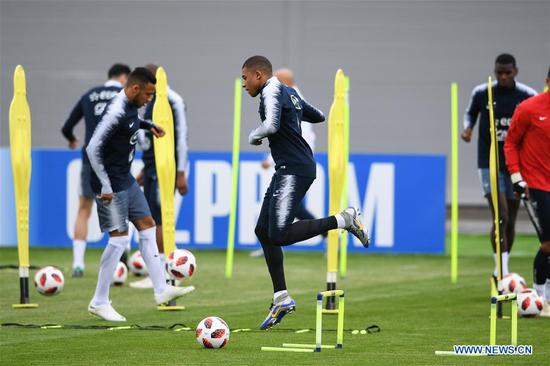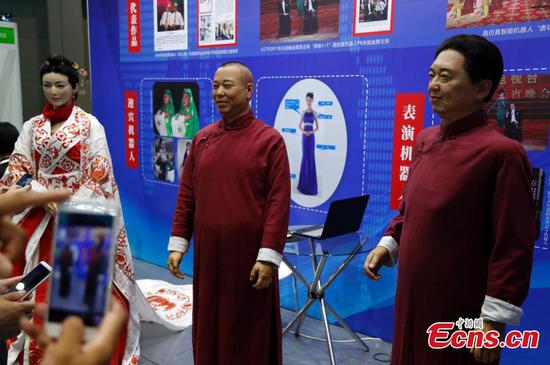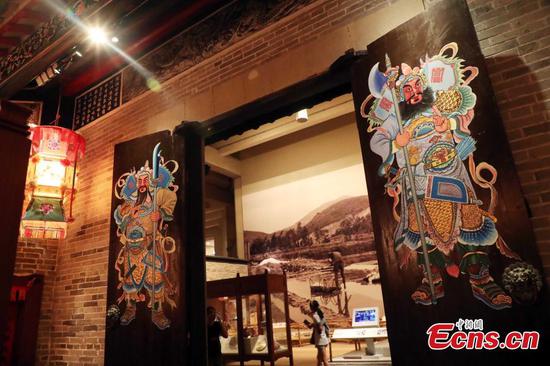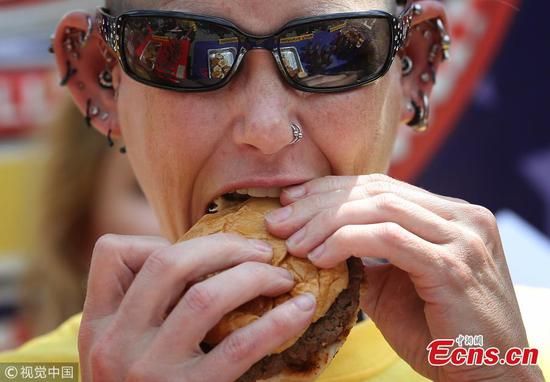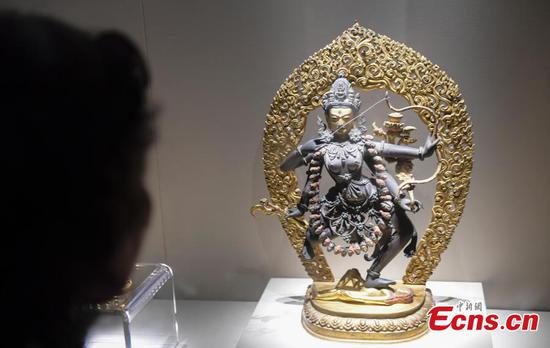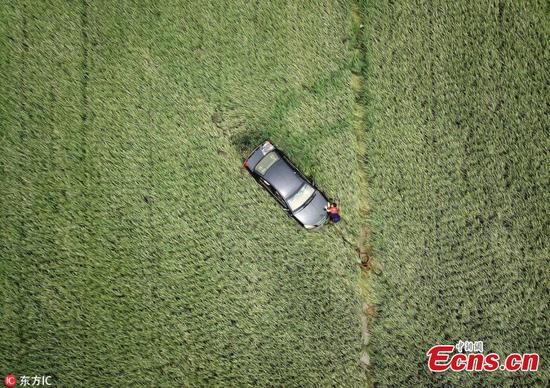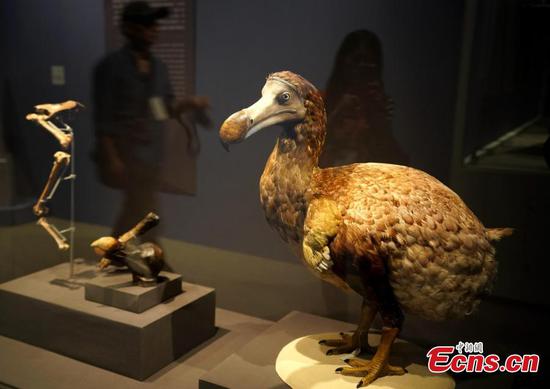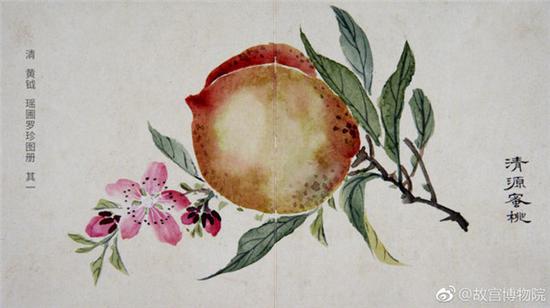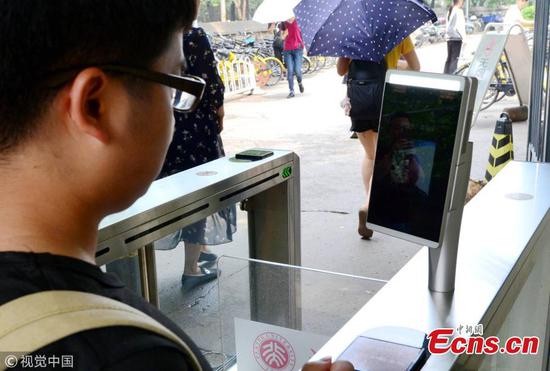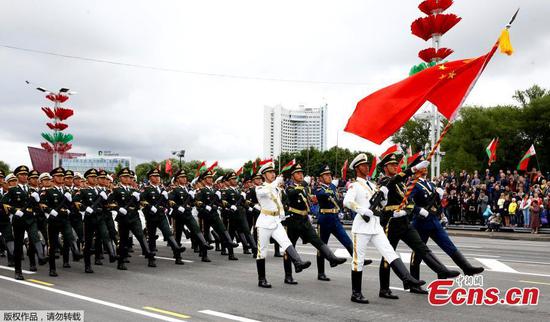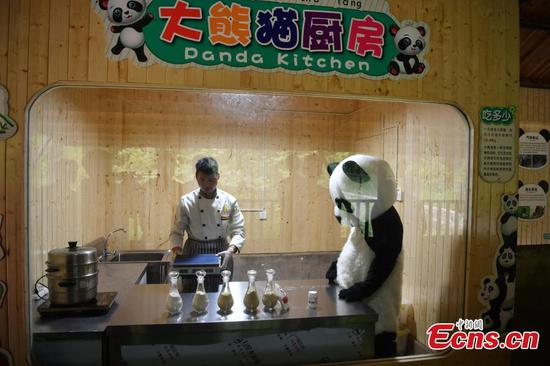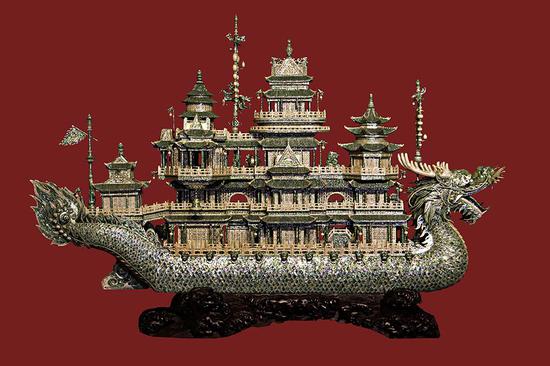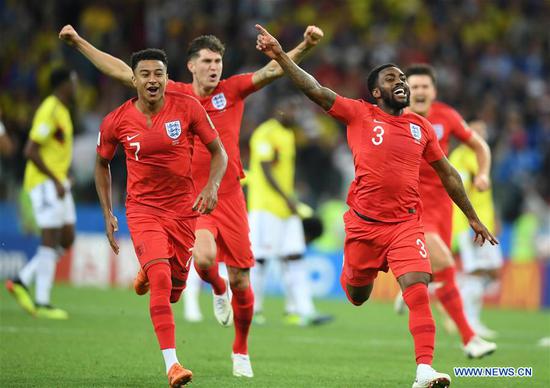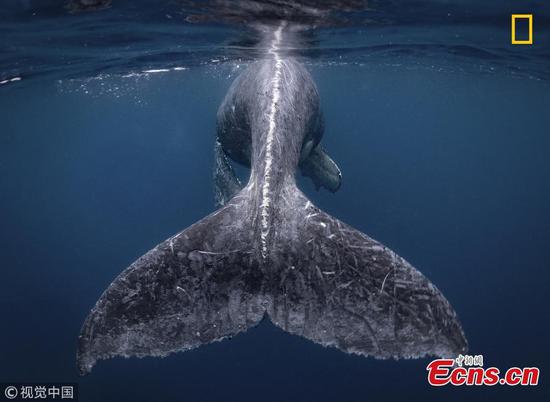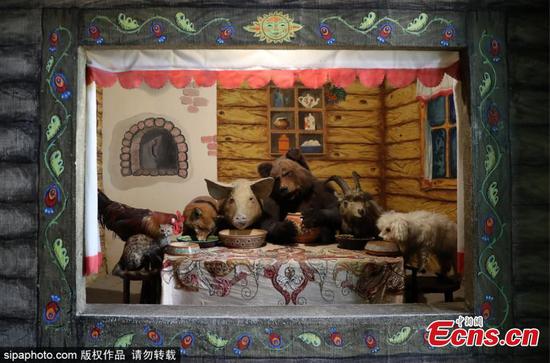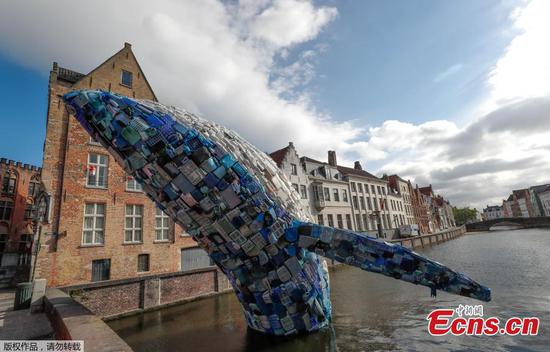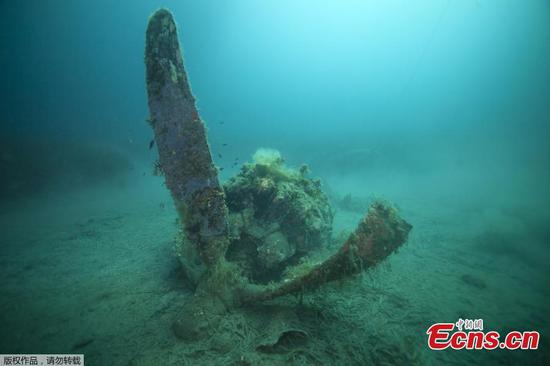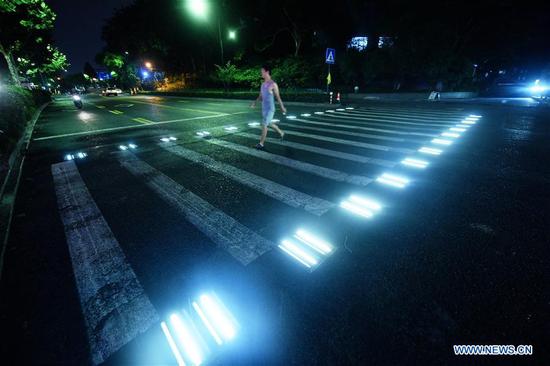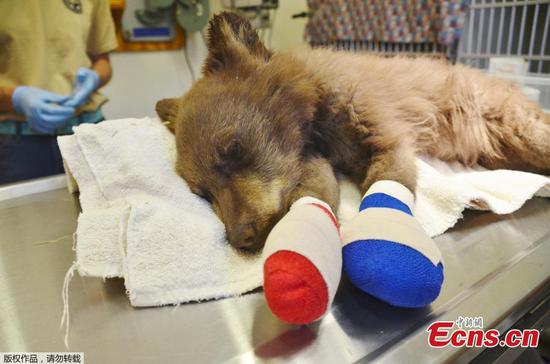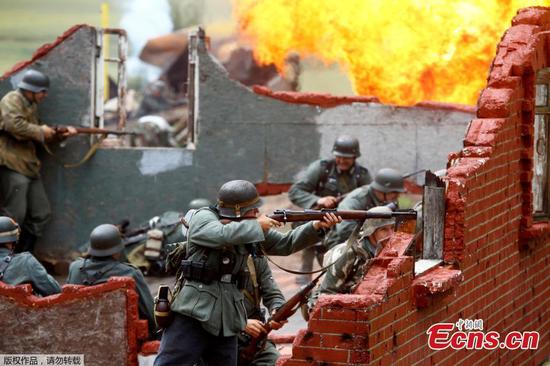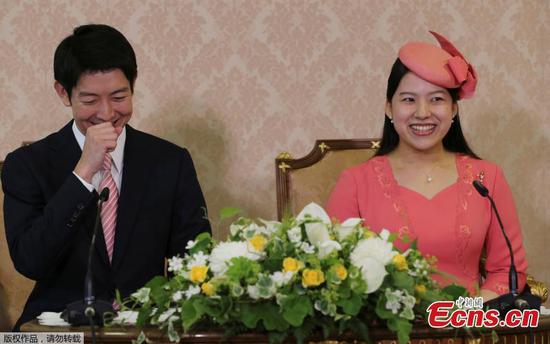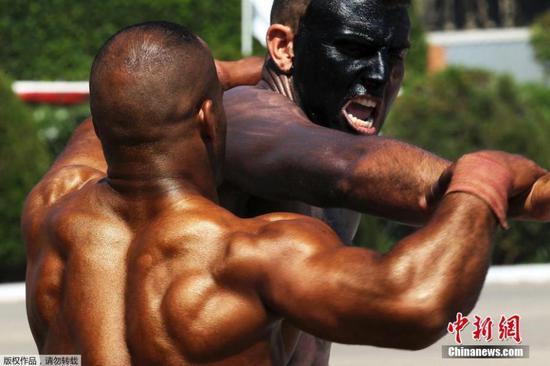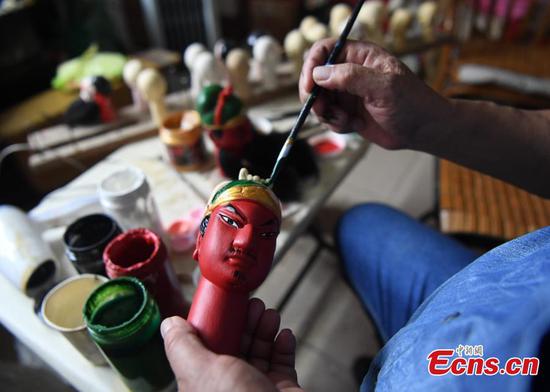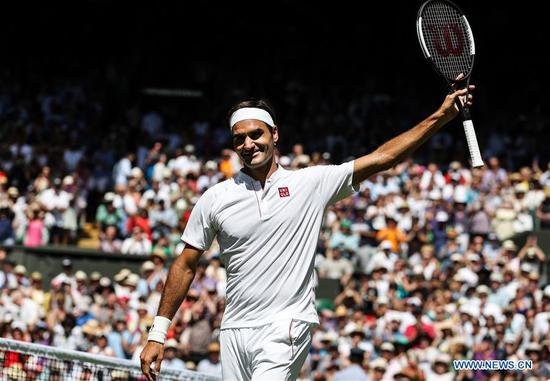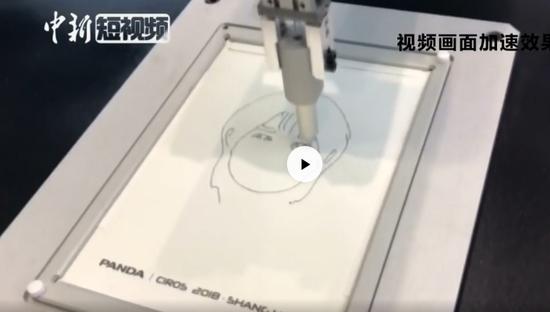Britain's Institute for Public Policy Research has found that a hard Brexit would have an adverse impact on lower-income groups and all those outside London, because household spending involved goods and services that will be hit by price rises.
Household bills will rise by between $323 and $2,590 a year after Brexit, with lower-income groups and people in Northern Ireland, Wales, the Midlands and the north-east being the most impacted.
The UK's vote to leave the European Union arose in part from deep social and geographical divides across the country.
In the two years since the referendum, some have argued that Brexit could boost the incomes of poorer groups through cheaper food prices, while others have argued that the most vulnerable groups and regions would bear the greatest burden of a hard Brexit.
The IPPR report said Wales and the north-east were most at risk because of their disproportionate reliance on producing goods and food for export to the EU including Welsh lamb, Airbus wings and cars.
"All income groups, including the poorest, will face negative impacts," said the IPPR.
It is expected that Northern Ireland, with the poorest economy of the 12 regions of the United Kingdom, would be hit worst by increased costs.
The UK is due to leave the EU on March 29, 2019, and negotiations are taking place on what the future relationship between the UK and the EU will look like.
Key things that have yet to be agreed are how the two sides will trade with each other in years to come-and how to avoid new border checks between Northern Ireland and the Republic of Ireland, which is a member of the EU.
Before reaching agreement with the EU, Prime Minister Theresa May needs to resolve splits within her cabinet on the shape of Brexit.
A new plan for the post-Brexit customs arrangements is to be presented to ministers on Friday. It is expected to propose an independent trade policy and friction-free trade. But no details have yet been revealed about how it will work.
The government has so far talked publicly about two potential customs options.
One, a customs partnership, would mean the UK applies the EU's own tariffs and rules of origin to all goods arriving in the country and then hands over what was owed for goods that subsequently end up in the EU.
The other, known as maximum facilitation or max-fac, aims to employ new technology to remove the need for physical customs checks where possible.










